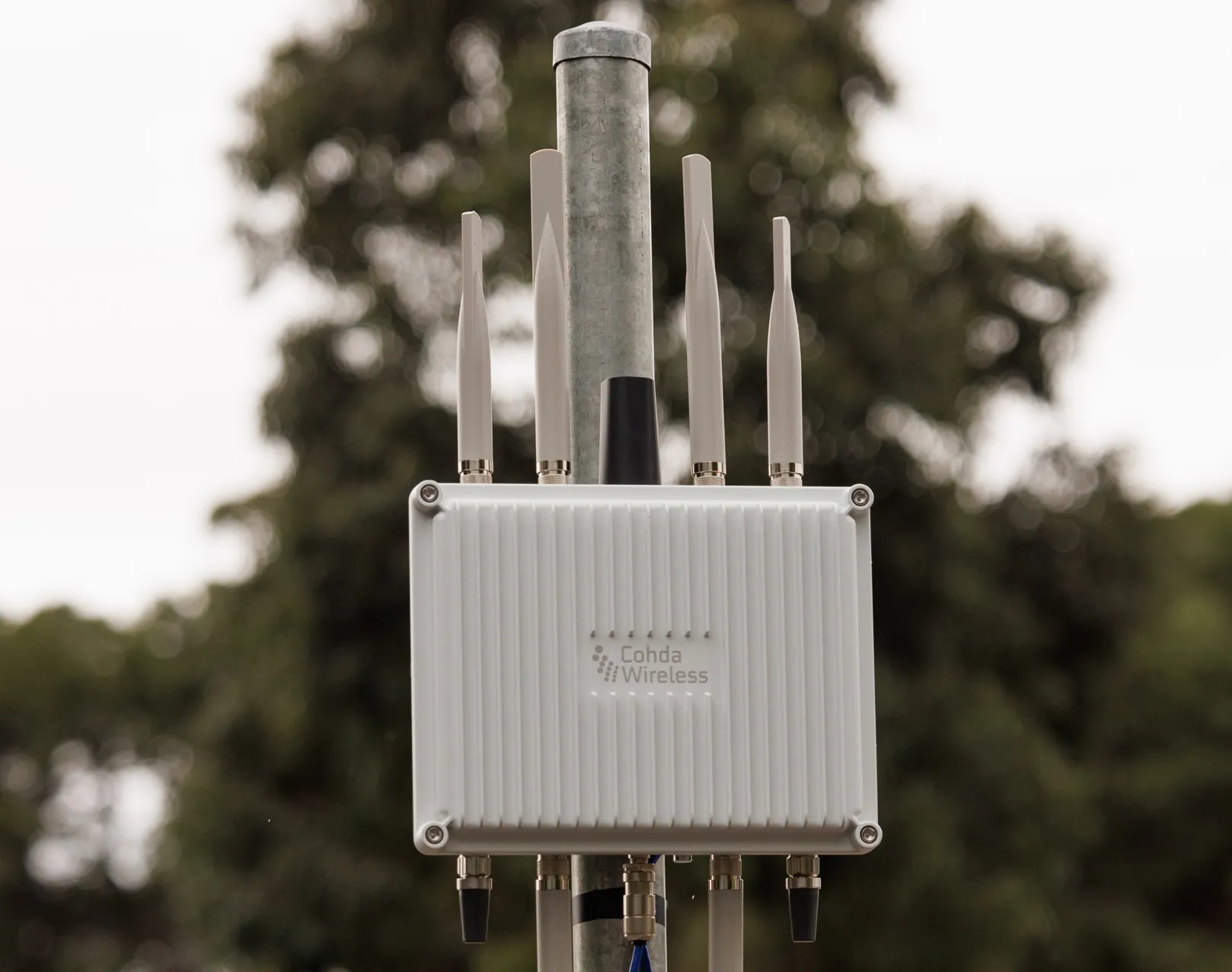The study suggested that C-V2X’s complexity and requirements add cost over DSRC when considering that V2X is safety-critical technology. It showed that the key architectural differences are LTE ruggedization and automotive qualification, the need for high accuracy clock source, the cellular royalty scheme and the use of Wi-Fi which is included with DSRC for free.
James Hodgson, senior analyst for smart mobility & automotive research at ABI Research, said: "We estimate that in the initial years of deployment, C-V2X plus LTE will carry a system cost between US$13.50 [£9.70]and US$15 [£10] higher than DSRC plus LTE. DSRC, being the longer established and incumbent technology has cost advantages typically associated with deployments in the field and a more competitive ecosystem.”
ABI Research: DSRC above Cellular cheaper than implementing C-V2X
Implementing a Dedicated Short-Range Communication (DSRC) above cellular communications is expected to be $13.50 (£9.70) to $15 (£10) lower per Telematics Control Unit than implementing a Cellular Vehicle-to-Everything (C-V2X) solution, according to US-based ABI Research’s analysis of vehicle to everything (V2X). It follows industry discussions which have compared DSRC and C-V2X as technology alternatives for enabling V2X in vehicles to help prevent accidents.
February 7, 2018
Read time: 2 mins
Implementing a Dedicated Short-Range Communication (DSRC) above cellular communications is expected to be $13.50 (£9.70) to $15 (£10) lower per 6224 Telematics Control Unit than implementing a Cellular Vehicle-to-Everything (C-V2X) solution, according to US-based 5725 ABI Research’s analysis of vehicle to everything (V2X). It follows industry discussions which have compared DSRC and C-V2X as technology alternatives for enabling V2X in vehicles to help prevent accidents.








